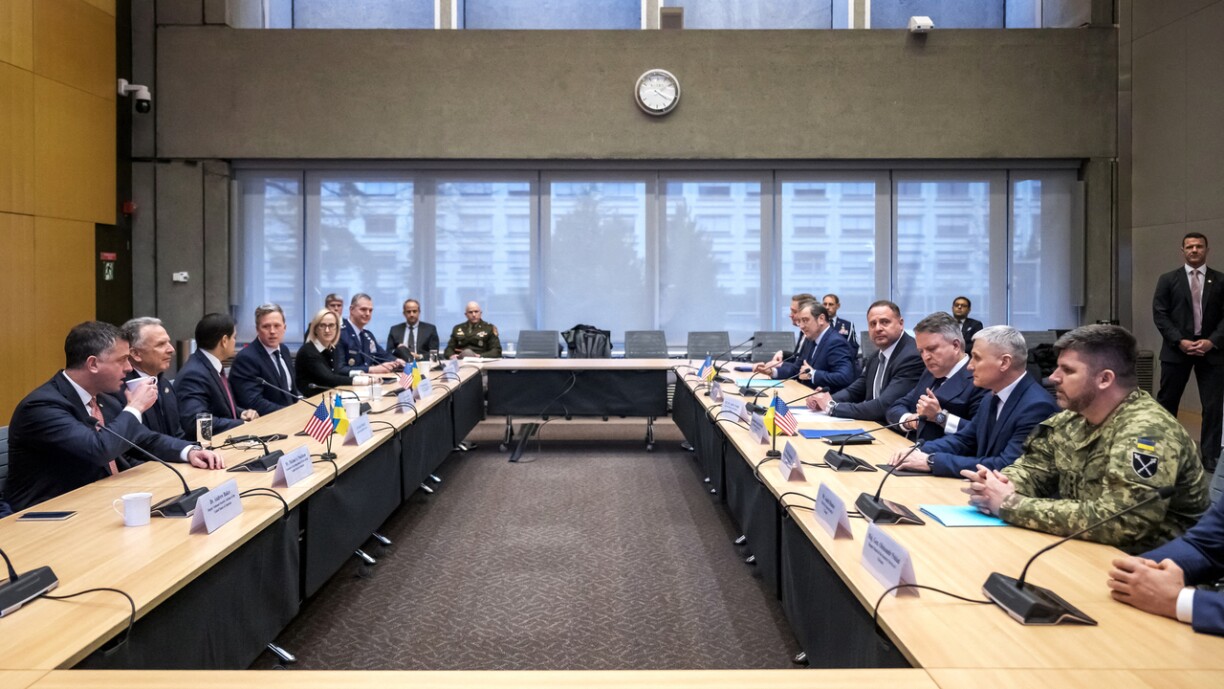
The main focus was on the US peace proposal, which outlines a possible path to end the conflict. In a preliminary assessment, both sides characterised the talks as constructive, although Rubio acknowledged that many details still need to be worked out. Speaking alongside Ukraine’s chief negotiator Andriy Yermak, he stated that efforts were ongoing to reduce differences regarding Russia and to develop a solution that would be acceptable to both Ukraine and the US. Rubio added that he feels “very optimistic” about the outcome of the talks.
In a message posted on social media, Ukrainian President Volodymyr Zelenskyy emphasised the importance of ending the war with dignity. He strongly criticised Russia for waging an extremely brutal campaign not only against soldiers but also civilians, accusing the Kremlin of acting as though it had the right to invade sovereign nations.
He added that President Putin had sacrificed hundreds of thousands of Russian citizens to pursue this aggression. Zelensky also expressed his gratitude to the US, the European Union, and all other supporting countries for their continued assistance.
Prior to these developments, former US President Donald Trump had complained about what he saw as a lack of gratitude from Ukraine. He also criticised Europe, blaming it in part for prolonging the conflict. Trump argued that European countries continued to purchase oil from Russia, thereby indirectly helping to finance the war.
The European Union, for its part, is urging the United States to revise its peace proposal to be more supportive of Ukraine’s position. According to The Telegraph, which claims to have seen a draft, Europe’s counterproposal includes a 24-point document laying out a clearer strategy for peace.
In contrast to the US approach, the European version reportedly places greater emphasis on safeguarding Ukrainian interests. The document aims to define a peace framework aligned with European values and priorities, while maintaining strong support for Kyiv.